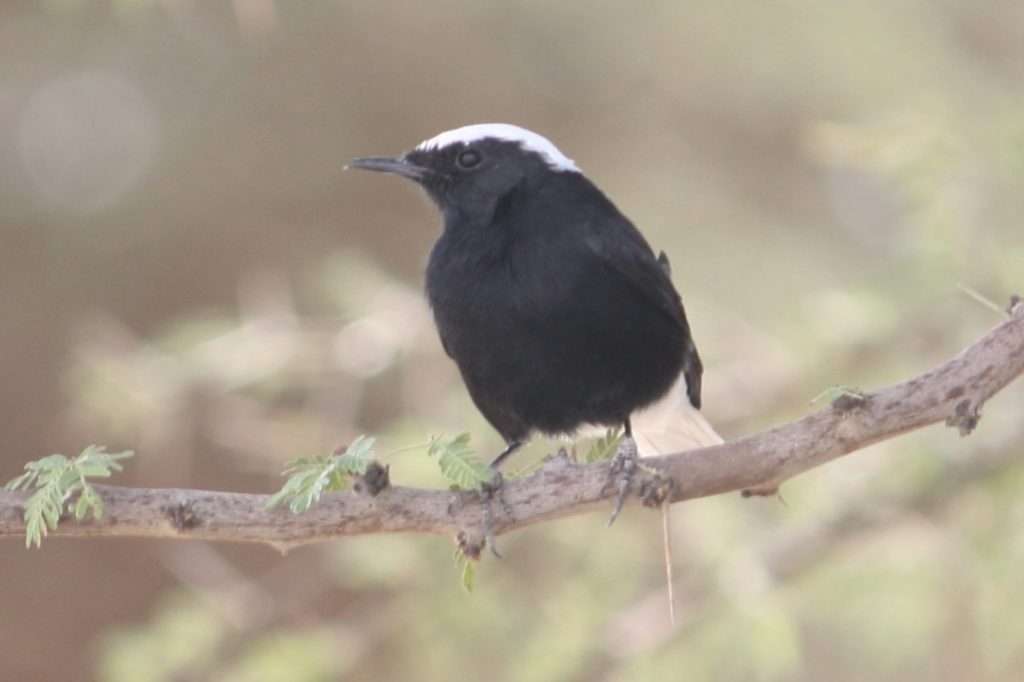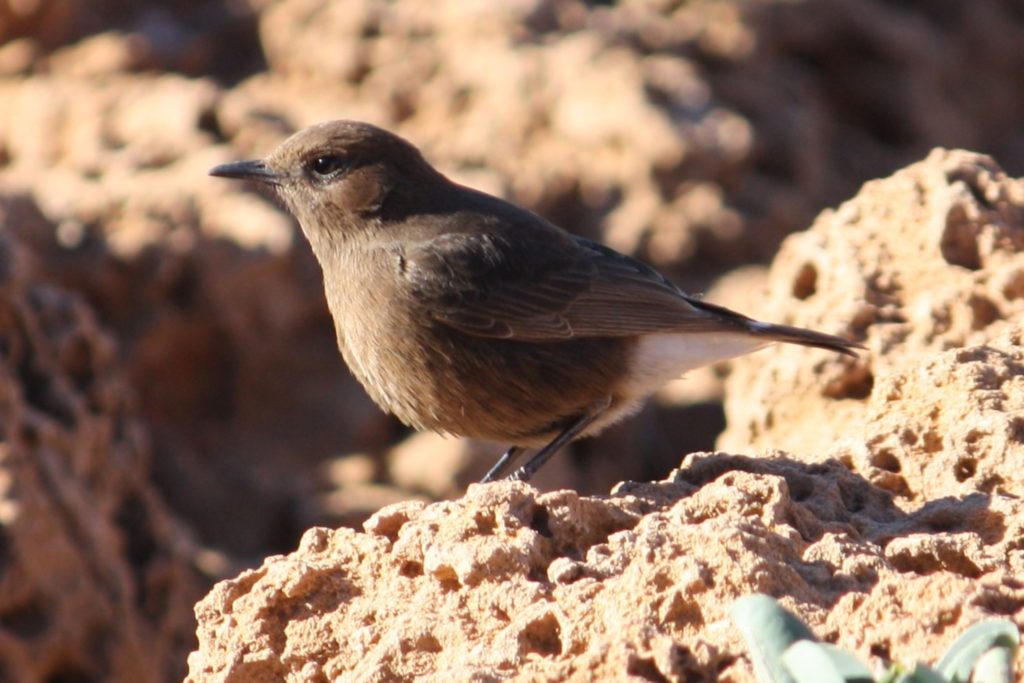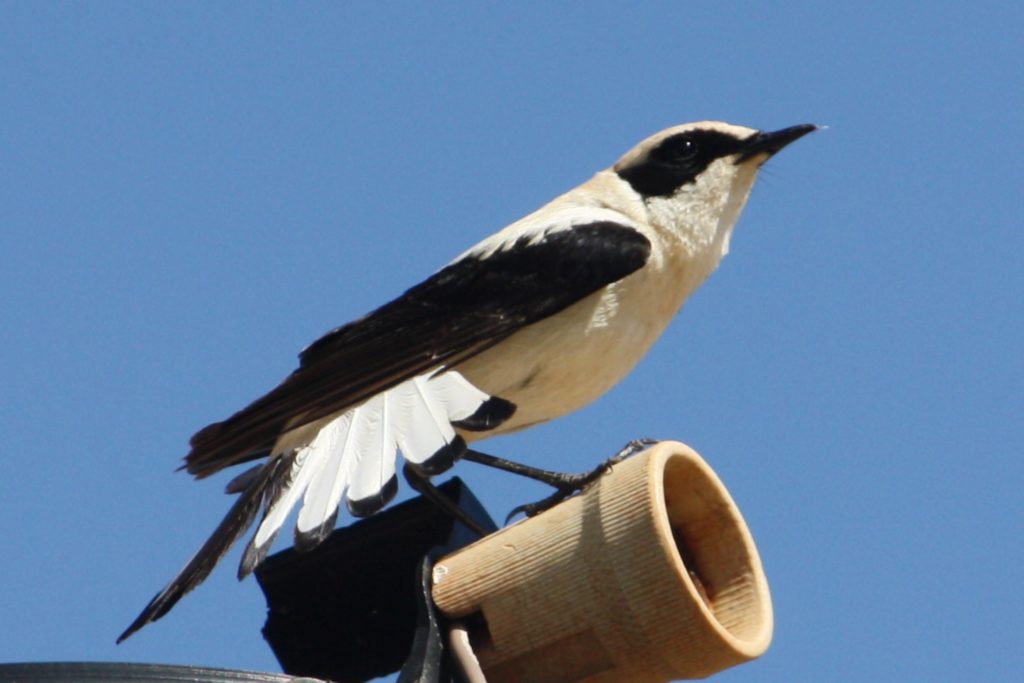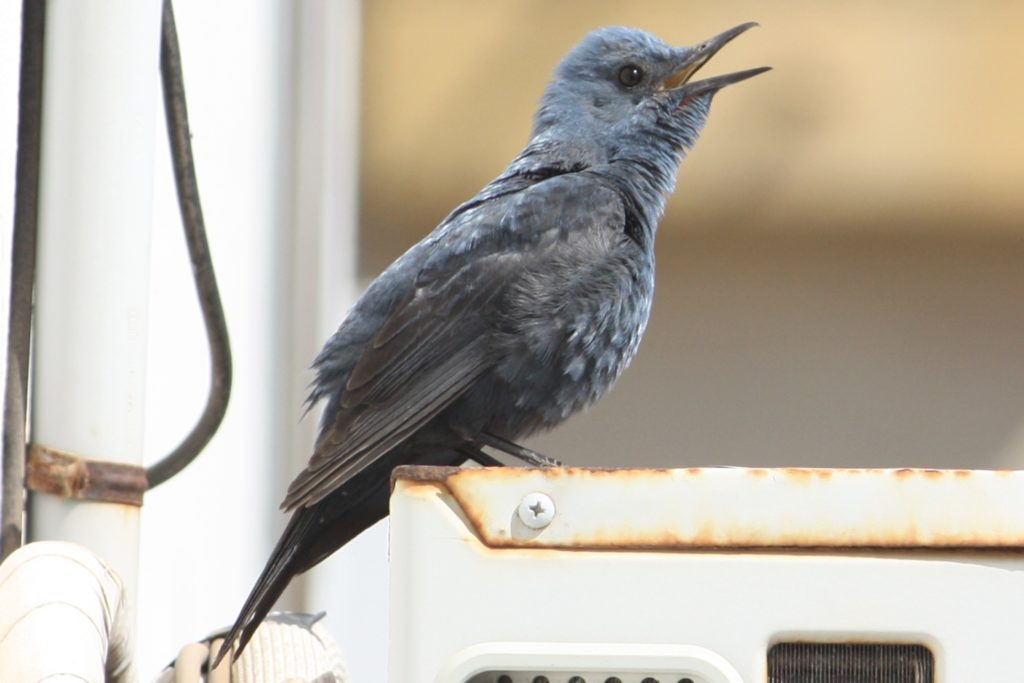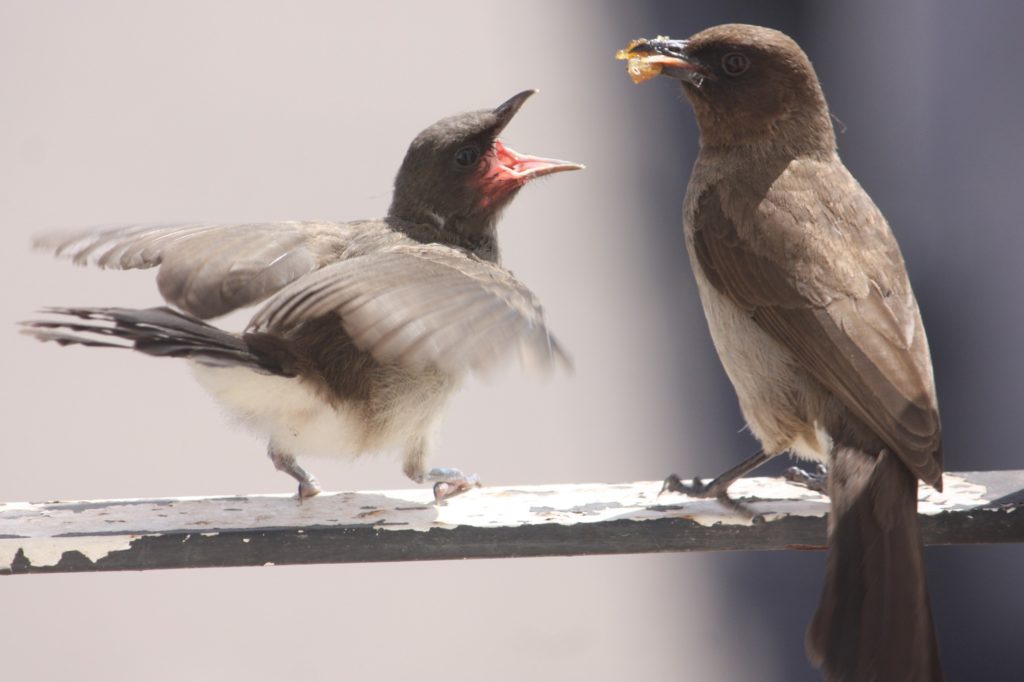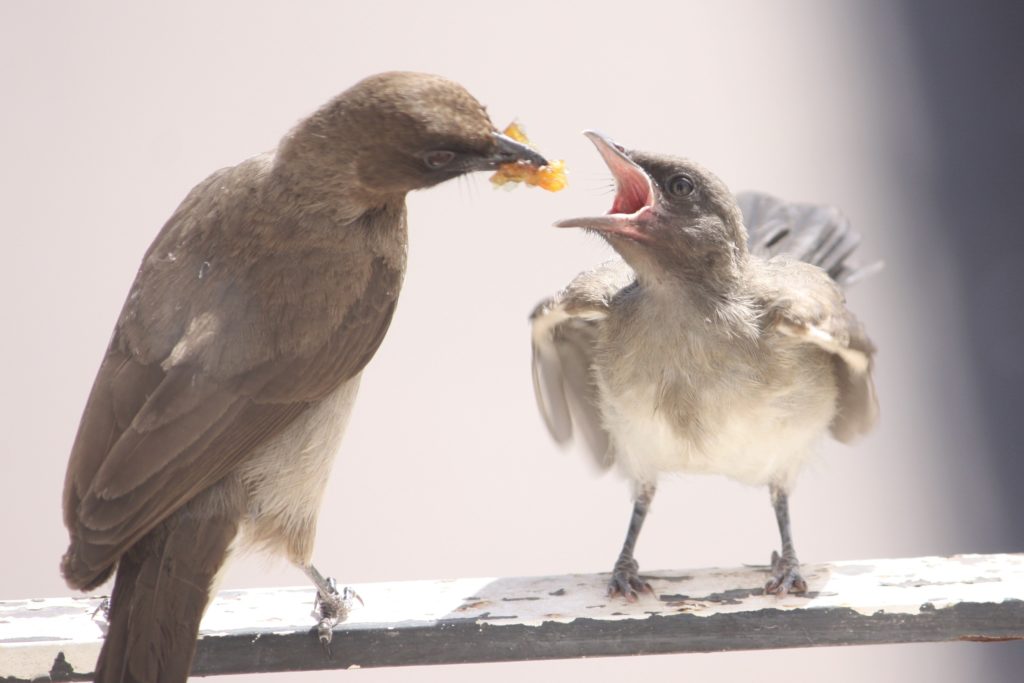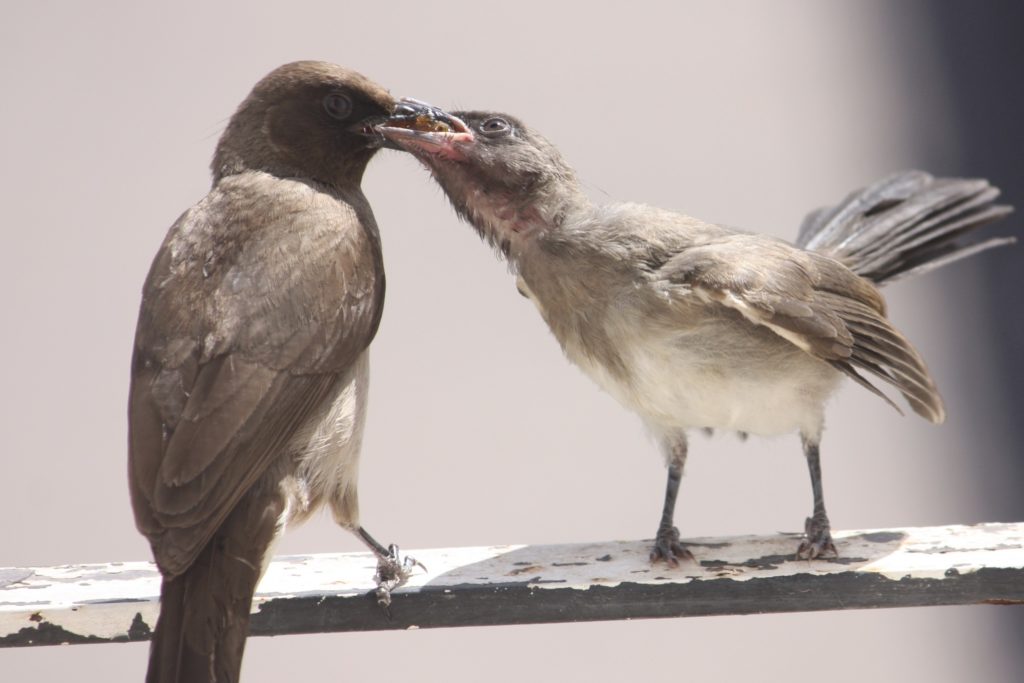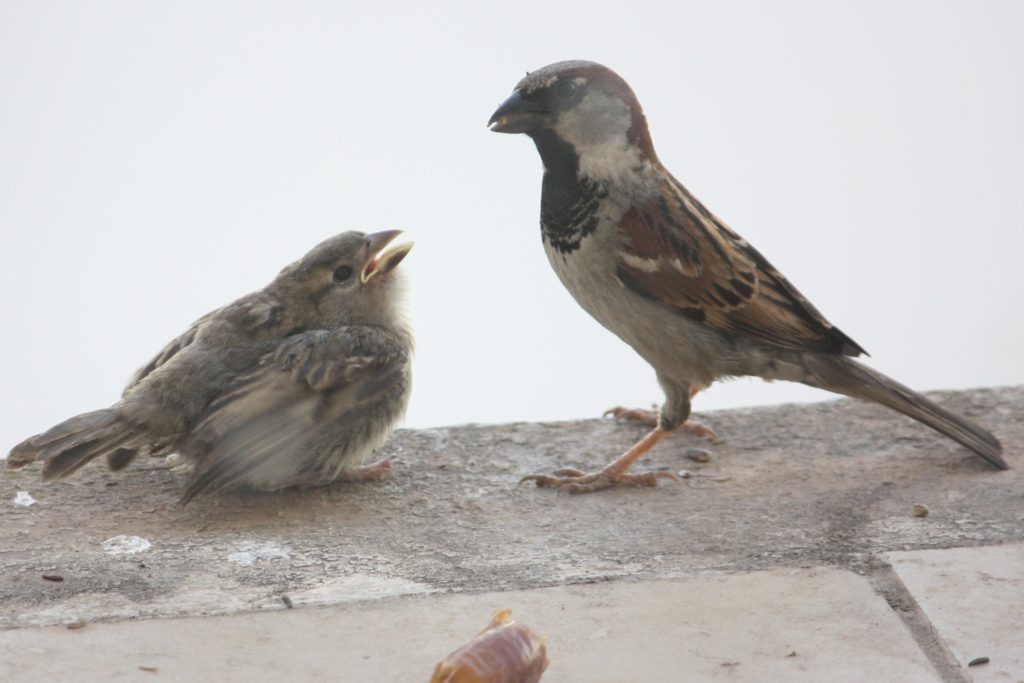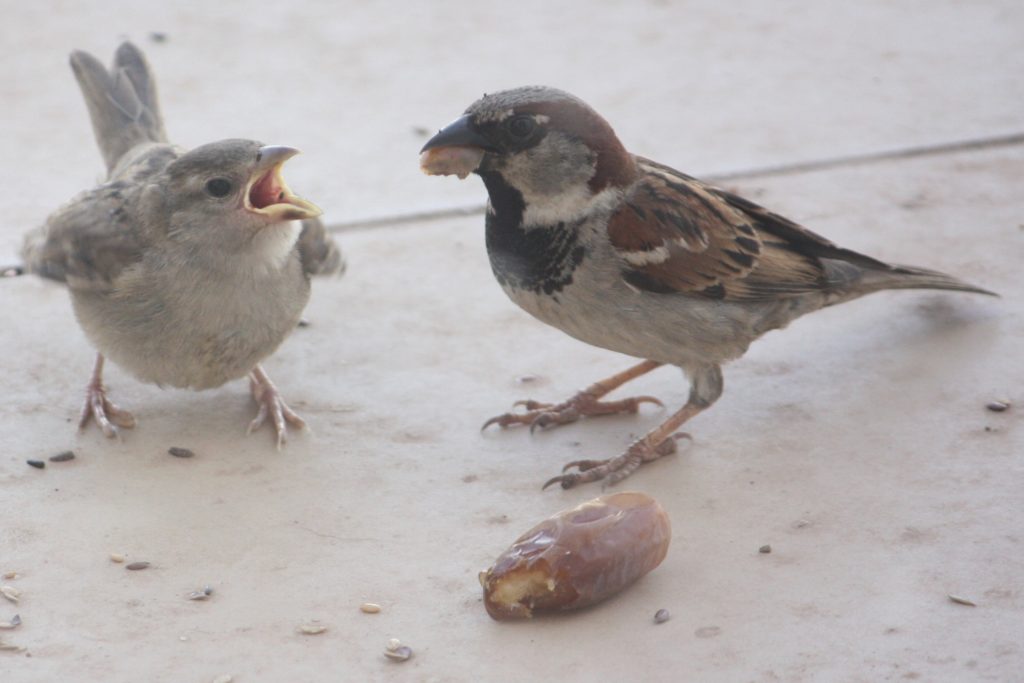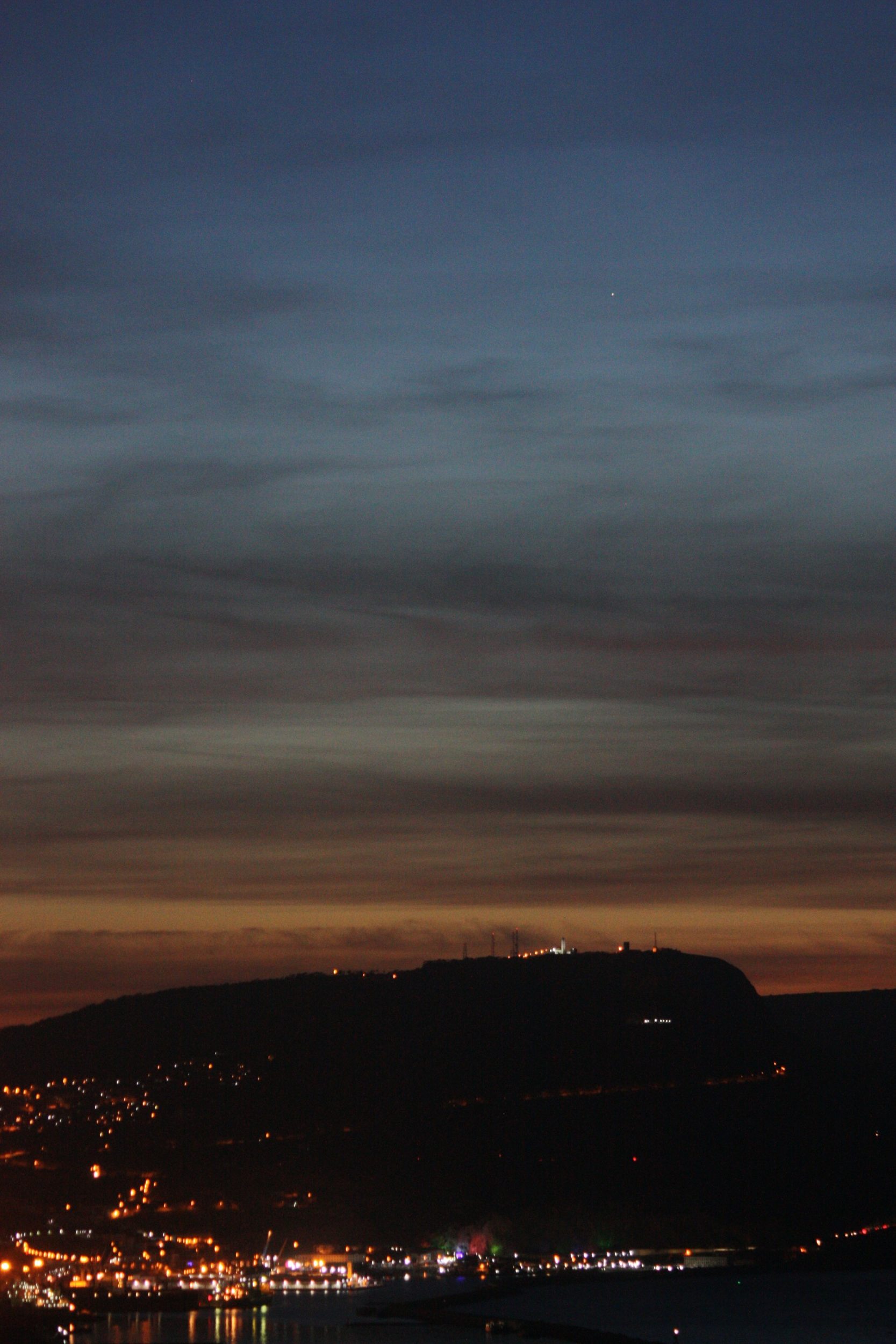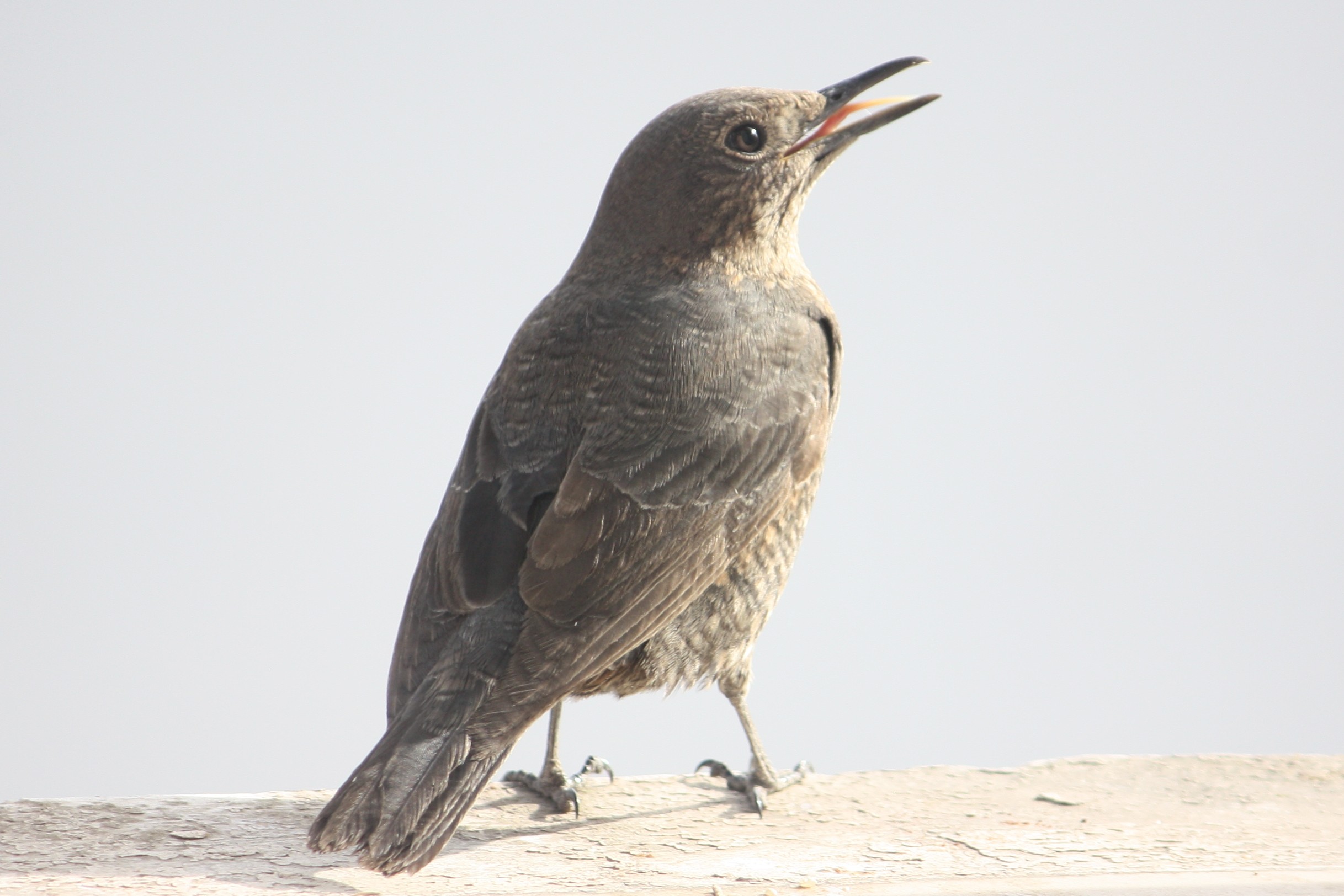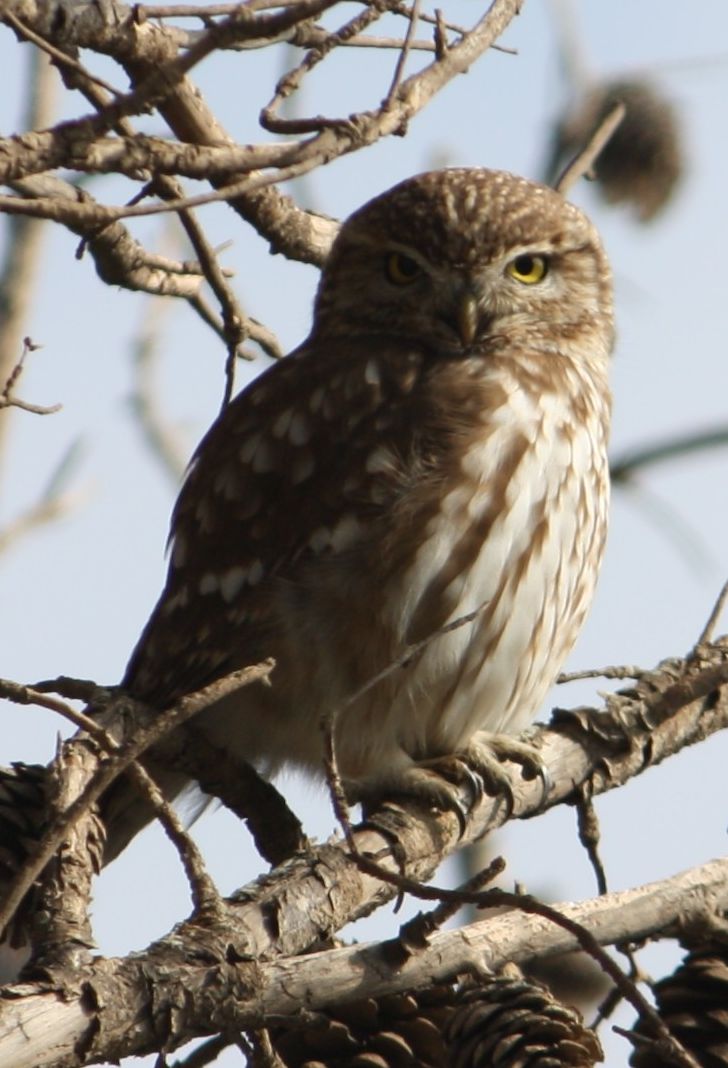40 books read in this six months, making 75 for the year. This was an experiment in reading all non-fiction, which was rewarding in that I covered a lot of books that I wouldn’t normally read, but on the other hand I didn’t get a wildly different experience from my usual high-fiction diet. The large number of memoirs here shows that I still needed stories of one kind or another.
Food
The Pedant in the Kitchen — Julian Barnes
Eating Animals — Jonathan Safran Foer
Raw Spirit — Iain Banks
Eating Animals was horrifying, even for someone who already knows a lot of this stuff. Raw Spirit was mainly written by Banks’ inner teenager, but he’s still facetiously amusing and put me on to some new whiskies.
Nature
Underland — Robert Macfarlane
The Long Spring — Laurence Rose
Ten Million Aliens — Simon Barnes
The South Country — Edward Thomas
Crow Country — Mark Cocker
Underland was a typical Robert Macfarlane book — very self-satisfied, but good at evoking the places he visits. Simon Barnes was much more winning company, with a tour of the entire animal kingdom giving due share to the weirder microscopic phyla. Mark Cocker has the good sense to be a corvid-fancier, and managed to make an East Anglian rooks’ roost a must-see destination.
Memoir
Fingers in the Sparkle Jar — Chris Packham
I Am, I Am, I Am — Maggie O’Farrell
Bury My Heart at W. H. Smith’s — Brian Aldiss
The Life and Rhymes of Benjamin Zephaniah — Benjamin Zephaniah
A Man Without a Country — Kurt Vonnegut
The Year of Magical Thinking — Joan Didion
Die Harzreise — Heinrich Heine
Wild Swans — Jung Chang
The Love Letters of Abelard and Heloise — Peter Abelard and Héloïse d’Argenteuil
Chris Packham’s and Benjamin Zephaniah’s books were both disappointing, the former overly purple and the latter pure Pooter. Maggie O’Farrell’s and Brian Aldiss’s were much better, though both ran out of steam towards the end. Anything by Vonnegut is a little miracle, even if not his best. The Year of Magical Thinking, Wild Swans, and Abelard and Heloise were all very powerful in their very different ways.
History
The Second World War — Antony Beevor
Eichmann and the Holocaust — Hannah Arendt
Boys in Zinc — Svetlana Alexievich
Age of Revolution — Eric Hobsbawm
A History of the World — Andrew Marr
Another Day of Life — Ryszard Kapuściński
Boys in Zinc and Another Day of Life both come from what seems to be a particularly East European tradition of imaginative non-fiction writing. Both were beautiful and terrifying, whether or not any particular statement included is literally true. Hobsbawm’s book was a much more conventional history, but also creative in its focus on viewing the period through the prism of two events: the French and Industrial Revolutions.
Biography
A Life Discarded: 148 Diaries Found in a Skip — Alexander Masters
The Invention of Nature — Andrea Wulf
A Life Discarded was a little disappointing — I thought it was overly concerned with the writer rather than the more interesting subject. On the other hand, Wulf’s book does a good job of restoring some attention to the rather neglected figure of Humboldt.
Science
The Greatest Story Ever Told … So Far — Lawrence M. Krauss
The Science of Meditation — Daniel Goleman and Richard Davidson
A Mind of its Own — Cordelia Fine
Welcome to the Universe — Neil DeGrasse Tyson et al.
On the Origin of Species — Charles Darwin
Cordelia Fine covers a lot of the same ground as Daniel Kahneman’s Thinking, Fast and Slow, which I’m still reading; often they describe the same psychology experiments. Her tone is amusing, but rather wearing, so I had to take it in small doses. On the Origin of Species was much shorter and tightly-argued than I’d expected, and breaks out into some rather poetic passages towards the end of each chapter.
Krauss (the basic forces of nature) and Tyson (more or less all of astrophysics) provided much the heaviest doses of science, but both were just about within my comprehension. Or at least, the parts that weren’t didn’t stop me from following the rest of the book.
Politics
This is Not a Drill — Extinction Rebellion
How to be Right — James O’Brien
Chavs — Owen Jones
Understanding Power — Noam Chomsky
McMafia — Misha Glenn
Women & Power: A Manifesto — Mary Beard
This is Not a Drill was much more varied than I’d expected — it combined often inspiring perspectives of a varied selection of people involved in the protest movement with practical details of the actions they’ve carried out. Chomsky comes across in Understanding Power as even more pleased with himself than Robert Macfarlane, and varying wildly between eye-openingly right and just bonkers. Mary Beard is more reliably right, and much funnier, though her very slender book is light on the manifesto side of things.
Philosophy
Religio Medici etc. — Thomas Browne
On What Matters Vol. 1 — Derek Parfit
Derek Parfit was one of the great moral philosophers, and here produces a convincing synthesis of consequentialist, Kantian, and Rawlsian thinking. All this in a prose style somewhere between the clumsy and the elegant, but always distinctive.
Essays
The Essays of George Eliot — George Eliot
Partial Portraits — Henry James
Two nicely interlinked collections of essays — both are mainly surveys of the works of a series of authors, and James includes a fine piece on Eliot.
Coming up next: the plan is for a more balanced range of genres: there’s still a lot of non-fiction on my list I haven’t got round to yet, and novels are back, but also I want to read more short stories, poems and plays. And I’m still very gradually moving through the first chapter of Finnegans Wake.
